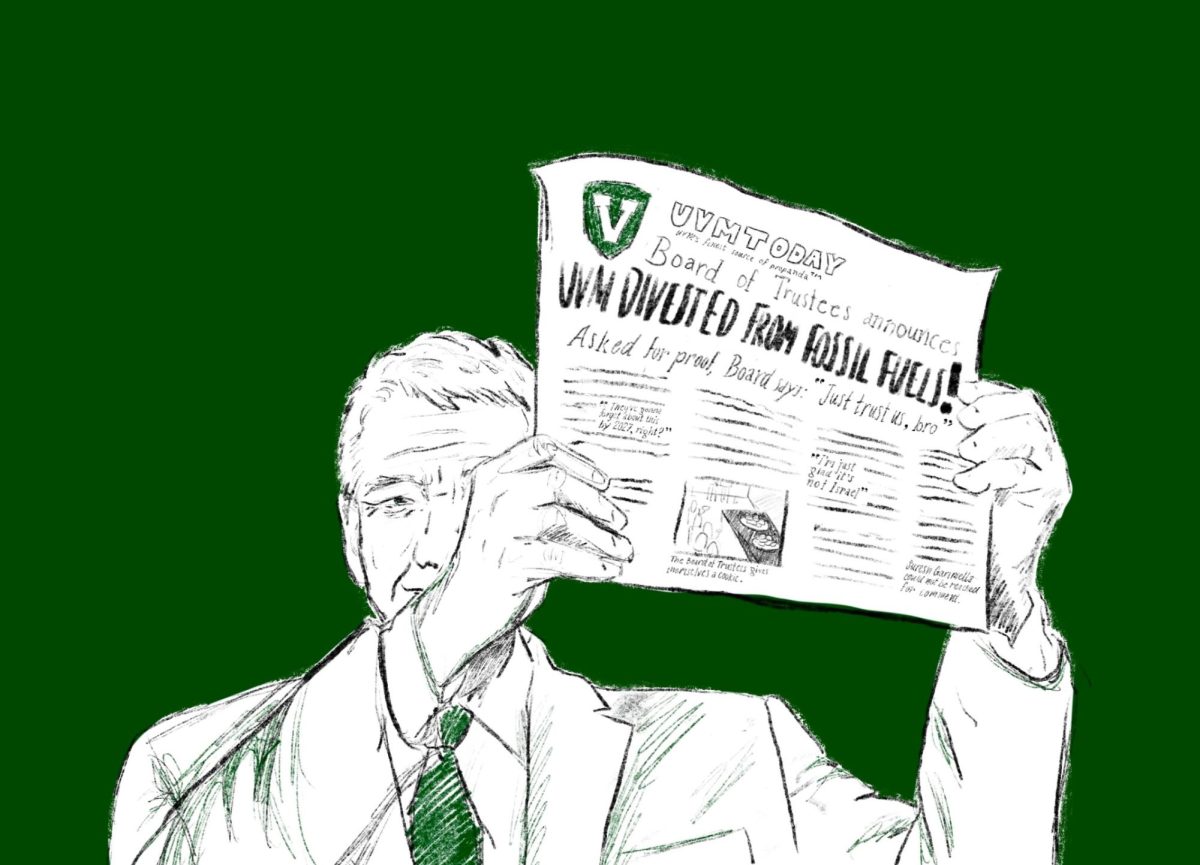For nearly a year, Syria has been rocked by anti-government protests and a brutal crackdown by forces loyal to President Bashar al-Assad. Despite restrictions on Syrian and foreign journalists, social media and the Internet have allowed the civil unrest to be broadcast.
The world is watching, yet has done nothing to stop the violence.
In Libya last year, the international community acted to stop pro-government forces. The United Nations Security Council passed a resolution in February freezing Col. Muammar Gaddafi’s asset, and then established a no-fly zone over the country.
But thus far there has been no such support for Syrian citizens. Protests in Syria began in March 2011, in a wave of uprisings in the Middle East that came to be known as Arab Spring.
The Syrian uprising, now in its 11th month, has killed thousands of civilians. Because government forces have restricted access to journalists, the exact number of deaths is difficult to calculate. The U.N. estimates 8,000, twice the number the Syrian government has announced, with some 70,000 displacements.
The U.N. Security Council drafted a resolution calling for Syrian President Bashar al-Assad to step down, but this was vetoed by China and Russia. Both nations, who have economic ties to Syria, continue to support al-Assad, even as the military he controls kills scores of Syrian civilians every day.
In Libya, the U.N. Security Council authorized member states to “use all necessary means” to protect civilians in Libya. China and Russia did not veto the resolution — instead they abstained from voting.
A group of states, including the U.S., France and Britain, used the resolution to justify air and missile strikes in Libya. The major fighting ended in early fall; Gaddafi was captured and killed in October.
Yet while the citizens of Syria are also suffering at the hands of a repressive regime, the international community has not provided any military aid. The Arab League, European Union and many nations, including the U.S., have condemned the violence.
But the violence has only increased. For 16 straight days, pro-government forces shelled neighborhoods in the city of Homs, and snipers have prevented residents from leaving their homes.
Nations like France, Britain and Italy have closed their embassies in Damascus and cut off diplomatic relations. The U.S. recalled its ambassador, Robert Ford, last month after Syrian security forces could not or would not ensure the safety of American diplomats. Last week, the U.N. General Assembly voted 137-12 to condemn the brutal violence and the al-Assad government, but such proclamations are nonbinding.
Yet no international body — not the United Nations, NATO, nor the Arab League — has authorized or even advocated the use of force against the al-Assad regime.
It is clear that the regime will not respond to any amount of strongly worded scoldings from foreign diplomats, or only economic sanctions.
The Libya campaign proved a multinational coalition can stop a civil war and save the lives of thousands of civilians without sustaining any casualties or committing troops for an extended period of time.
It is well past time for the international community to intervene in Syria. Rhetoric will not stop the bloodshed — only force will.









![Can’t buy me [self] love](https://vtcynic.com/wp-content/uploads/2024/04/self-care-FINAL-1200x796.jpg)


